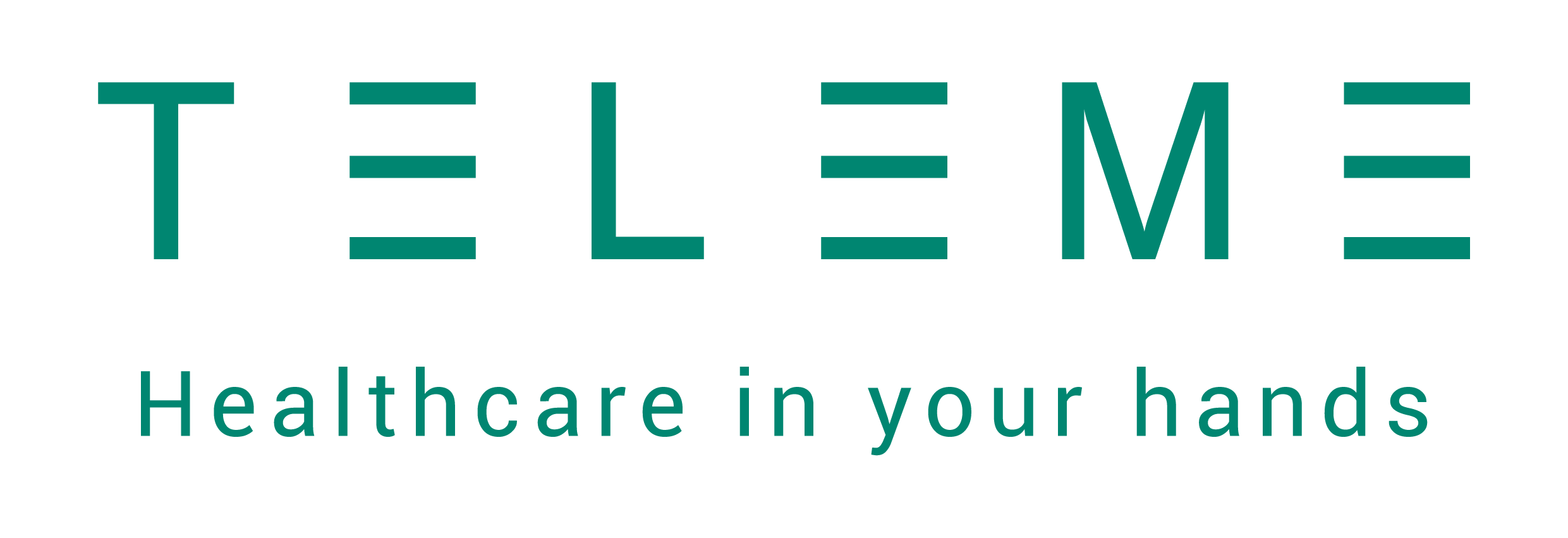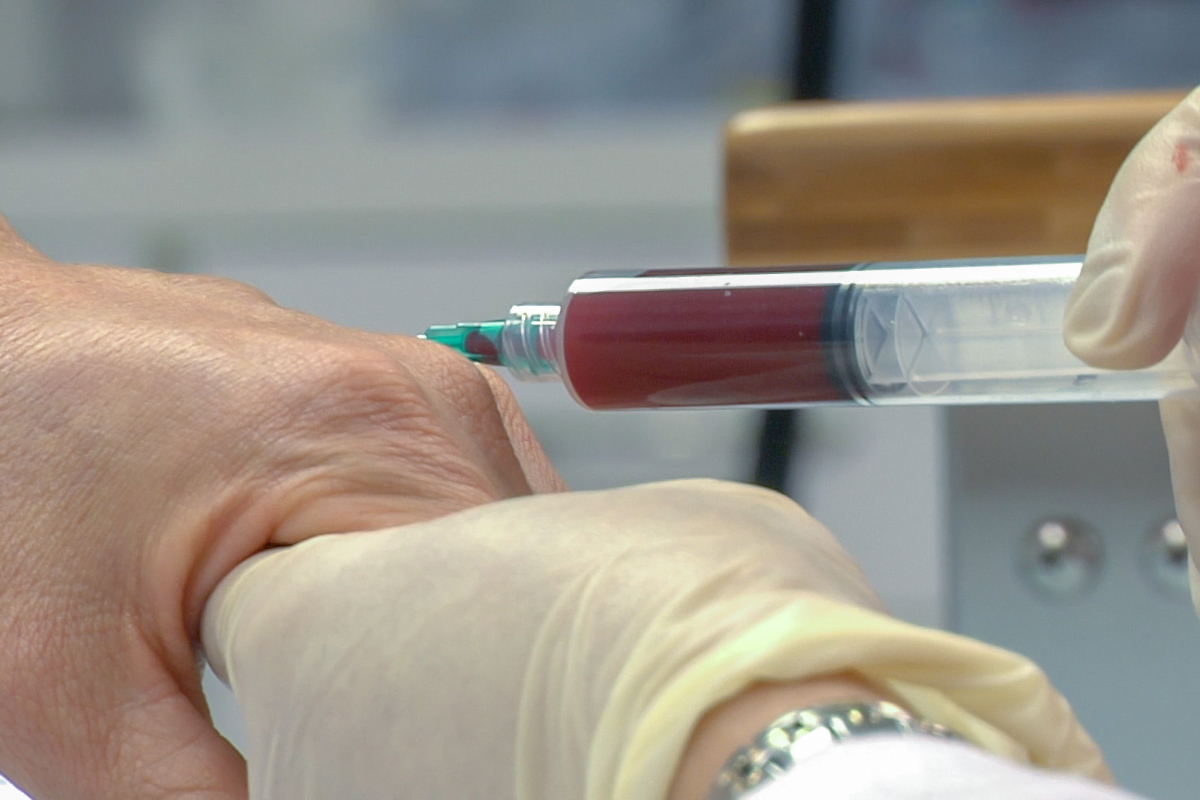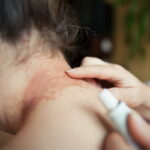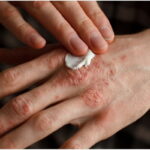Eczema Medical Treatment
Nearly 10% of people are affected by eczema in their lifetime. Although there is NO cure, you can take good care of your skin while your doctor can plan a treatment regime suitable for you. Eczema is characterised by periods of stable trouble-free skin with troublesome flare ups with intense itching and red lesions. As such, it is important to discuss your treatment program with a skin doctor so that you can avoid the side-effects of long term medication use.
AVOID self medication as it is not effective to achieve long term control
Click to view KKWomen’s Hospital video on Treatment for Eczema
Medical Treatment
1. Steroid creams may be required to help reduce the inflammation during flare-ups for the short term but use under supervision by your doctor because steroids have side-effects when used long term. The general rule for steroid use;
- Only for short term use during flare-ups because long term use has side effects
- ‘Step-down’ approach (gradual reduction in steroid strength)
- Consider ‘weekend therapy’ rather than continuous use in patients with severe flare-ups
| Stage | Steroid recommended |
| Very mild | Hydrocortisone |
| Moderate | Betamethasone valerate Clobetasone butyrate |
| Severe | Betamethasone valerate Betamethasone diproprionate |
| Very severe | Clobetasol proprionate Diflucortolone valterate |
2. Calcineurin inhibitor ointment such as Pimecrolimus (Elidel) or Tacrolimus (Protopic) suppresses the immune system and are suitable for short-term treatment in lesions on delicate skin areas such as face, eyelids, neck and genitals where steroids may be inappropriate
3. Antihistamine medication to reduce itching and help patients get a comfortable and undisturbed sleep during severe flare-ups
4. Oral medication such as steroid or immunosuppressant medication (such as Azathioprine, Cyclosporin or Methotrexate) in severe cases not responsive to topical medication
5. Dupilumab (Dupixent) monoclonal antibody injection (usually once every 2 weeks) for severe eczema
See a skin doctor to get the correct diagnosis and effective treatment and avoid the risk of side effects from long term medication use
Disclaimer. TELEME blog posts contains general information about health conditions and treatments. It is not intended to be a substitute for professional medical advice, diagnosis or treatment. The information is not advice and should not be treated as such.
If you think you may be suffering from any medical condition, you should seek immediate medical attention from your doctor or other professional healthcare providers. You should never delay seeking medical advice, disregard medical advice, or discontinue medical treatment because of information on this website.








